Navigating The Landscape: A Comprehensive Guide To European Physical Geography Quizzes
Navigating the Landscape: A Comprehensive Guide to European Physical Geography Quizzes
Related Articles: Navigating the Landscape: A Comprehensive Guide to European Physical Geography Quizzes
Introduction
In this auspicious occasion, we are delighted to delve into the intriguing topic related to Navigating the Landscape: A Comprehensive Guide to European Physical Geography Quizzes. Let’s weave interesting information and offer fresh perspectives to the readers.
Table of Content
Navigating the Landscape: A Comprehensive Guide to European Physical Geography Quizzes

Europe, a continent of diverse landscapes, rich history, and vibrant cultures, holds a captivating allure for many. Understanding its physical geography, the intricate interplay of mountains, rivers, plains, and coastlines, offers a deeper appreciation for the continent’s unique character and the forces that shaped its human history. Engaging with European physical geography through quizzes can be a rewarding journey, offering a fun and effective way to learn about the continent’s diverse landscape.
The Importance of Understanding European Physical Geography
Beyond its inherent fascination, understanding European physical geography holds significant value. It provides insights into:
- Historical Developments: The physical landscape has played a crucial role in shaping European history. From the strategic importance of mountain passes to the influence of rivers on trade routes and settlements, the continent’s geography has profoundly impacted its political, economic, and cultural evolution.
- Environmental Issues: Understanding the physical geography of Europe is essential for tackling environmental challenges. From the impact of climate change on glaciers and coastlines to the distribution of water resources, knowledge of the continent’s landscape is crucial for formulating effective solutions.
- Cultural Diversity: The physical geography of Europe has contributed to its rich cultural diversity. Different landscapes have fostered distinct ways of life, from the maritime cultures of coastal regions to the agricultural traditions of fertile plains.
- Travel and Exploration: Knowledge of European physical geography enhances travel experiences. It allows individuals to understand the geographical context of their destinations, appreciate the unique features of each region, and plan their trips more effectively.
Types of European Physical Map Quizzes
European physical map quizzes come in various formats, catering to different learning styles and levels of knowledge:
- Multiple Choice Quizzes: These quizzes present a question about a specific geographical feature, followed by multiple answer choices. They are ideal for testing basic knowledge and familiarizing oneself with key geographical concepts.
- Labeling Quizzes: These quizzes provide a blank map of Europe and require participants to label various features, such as mountains, rivers, seas, and countries. They are excellent for developing visual recognition and memorization skills.
- Matching Quizzes: These quizzes involve matching geographical features with their corresponding descriptions or locations on a map. They are a fun way to test knowledge and enhance understanding of relationships between different geographical elements.
- Fill-in-the-Blank Quizzes: These quizzes require participants to fill in missing information about a specific geographical feature or region. They encourage critical thinking and promote deeper understanding of the subject matter.
- Interactive Quizzes: These quizzes offer a more engaging and dynamic learning experience. They often incorporate interactive elements, such as drag-and-drop features, animations, and multimedia content.
Benefits of Taking European Physical Map Quizzes
Engaging with European physical map quizzes offers several benefits:
- Enhanced Learning: Quizzes provide a fun and interactive way to learn about the continent’s diverse landscape. They can help individuals retain information more effectively than traditional methods of learning.
- Improved Geography Skills: Quizzes develop and refine essential geography skills, such as map reading, spatial awareness, and critical thinking.
- Increased Knowledge: Quizzes help individuals expand their knowledge of European physical geography, covering key features, locations, and relationships between different geographical elements.
- Fun and Engaging Learning: Quizzes can transform learning into a fun and engaging activity, making it more enjoyable and motivating for individuals of all ages.
Tips for Success with European Physical Map Quizzes
To excel in European physical map quizzes, consider these tips:
- Start with the Basics: Familiarize yourself with the basic geographical features of Europe, such as major mountain ranges, rivers, seas, and countries.
- Use Visual Aids: Utilize maps, atlases, and online resources to visualize the geographical features you are learning about.
- Practice Regularly: Regular practice with quizzes and other learning materials will help you retain information and improve your understanding.
- Focus on Key Features: Concentrate on learning about the most prominent and significant geographical features of Europe.
- Use Mnemonic Devices: Employ memory aids, such as acronyms or rhymes, to remember challenging geographical terms and locations.
- Seek Feedback: Review your answers after each quiz and seek feedback to identify areas where you need improvement.
FAQs about European Physical Map Quizzes
Q: What are some good resources for finding European physical map quizzes?
A: Several online platforms offer a wide range of European physical map quizzes. Some popular options include:
- Quizlet: A popular learning platform that offers a vast collection of flashcards and quizzes, including those focused on European geography.
- GeoGuessr: A game that challenges players to guess their location on a Google Street View image, promoting familiarity with diverse landscapes.
- Khan Academy: A non-profit educational organization offering free online courses and resources, including geography quizzes.
- National Geographic: A renowned organization dedicated to exploration and conservation, offering educational resources, including quizzes, on various geographical topics.
- Educational Websites: Numerous educational websites, such as those dedicated to geography or world history, offer quizzes and interactive resources on European physical geography.
Q: How can I make learning about European physical geography more engaging?
A: Beyond quizzes, there are several ways to make learning about European physical geography more engaging:
- Explore Maps: Utilize interactive online maps, such as Google Maps or OpenStreetMap, to explore different regions and zoom in on specific geographical features.
- Read Books and Articles: Explore books and articles about European geography, history, and travel, providing insights into the continent’s physical landscape.
- Watch Documentaries: Engage with documentaries about European geography, exploring diverse landscapes, ecosystems, and cultural traditions.
- Travel and Explore: If possible, travel to different parts of Europe to experience its diverse landscapes firsthand and gain a deeper understanding of the continent’s physical geography.
Q: Are there any benefits to learning about European physical geography beyond academic purposes?
A: Understanding European physical geography can be beneficial in various aspects of life:
- Travel Planning: Knowledge of the continent’s landscape can enhance travel planning by helping individuals choose destinations based on their interests, understand the geographical context of their trips, and plan their itineraries more effectively.
- Environmental Awareness: Understanding the physical geography of Europe fosters an appreciation for the continent’s diverse ecosystems and the importance of environmental conservation.
- Global Perspective: Learning about European physical geography provides a broader perspective on the world, fostering an understanding of different cultures, landscapes, and environmental challenges.
Conclusion
European physical map quizzes offer a fun and effective way to learn about the continent’s diverse landscape, fostering a deeper understanding of its history, culture, and environmental issues. By engaging with these quizzes, individuals can enhance their geography skills, expand their knowledge, and gain a richer appreciation for the beauty and complexity of Europe’s physical geography. Whether for academic purposes, travel planning, or simply a desire to explore the world around us, understanding the continent’s physical landscape offers a rewarding and enriching experience.
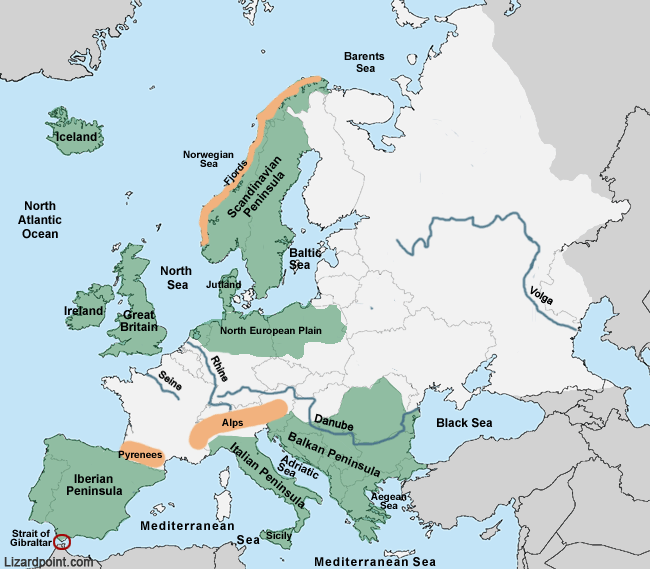

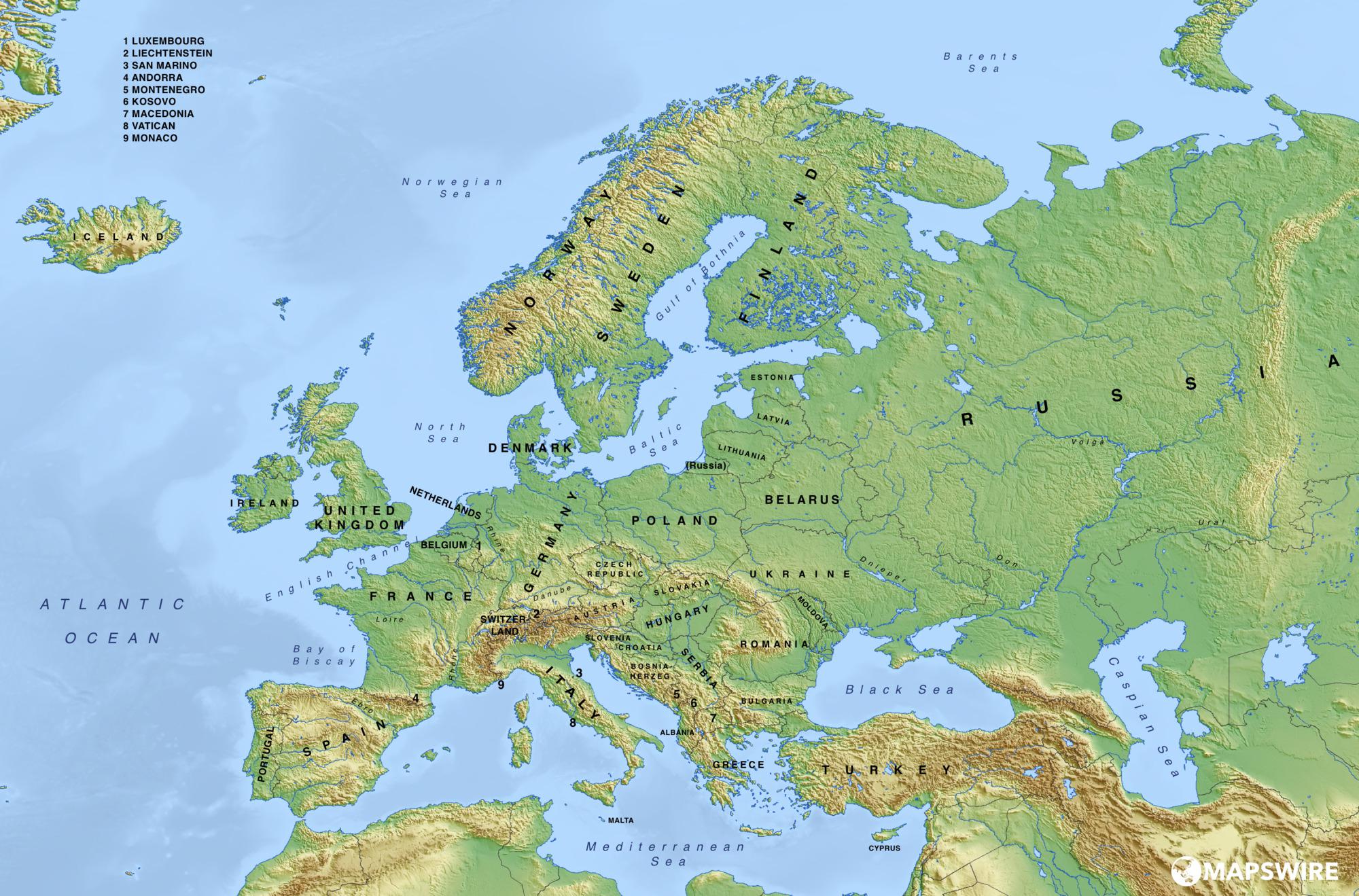
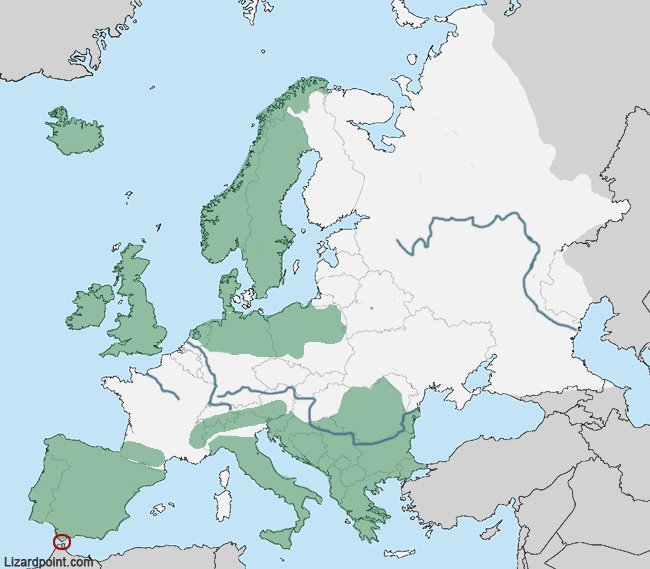

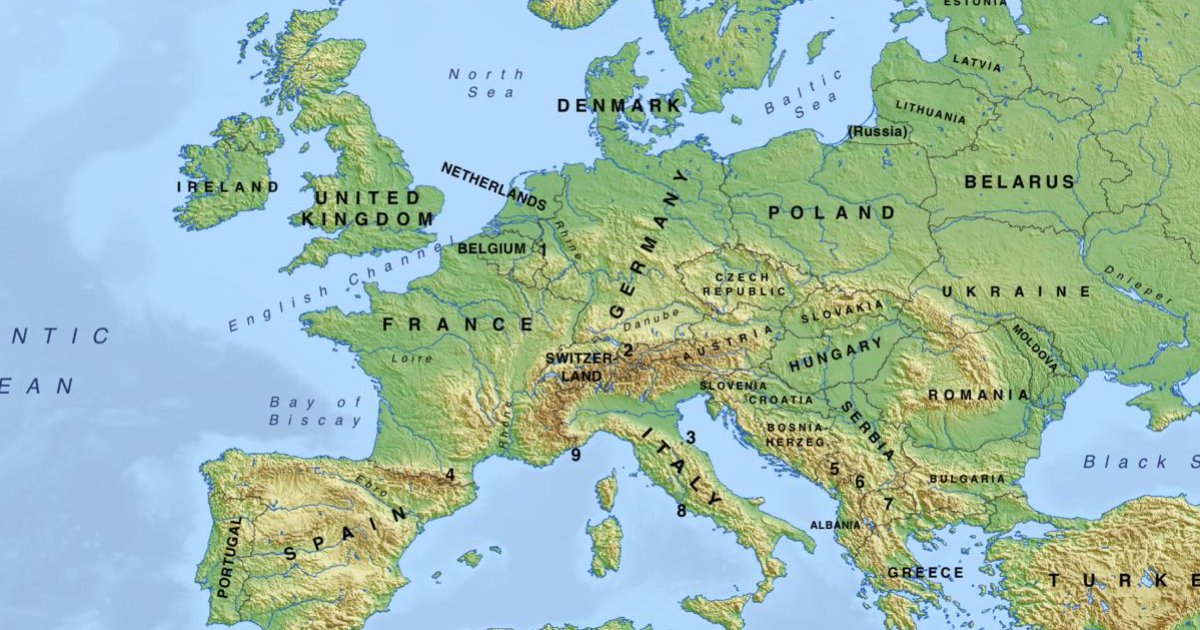
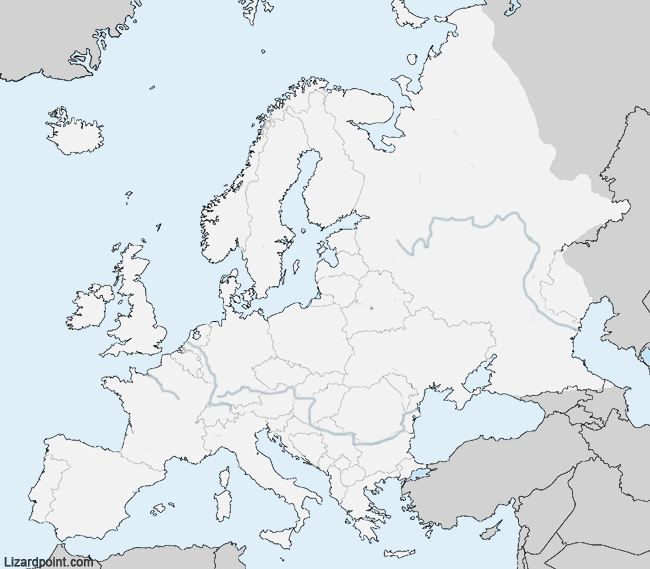

Closure
Thus, we hope this article has provided valuable insights into Navigating the Landscape: A Comprehensive Guide to European Physical Geography Quizzes. We appreciate your attention to our article. See you in our next article!